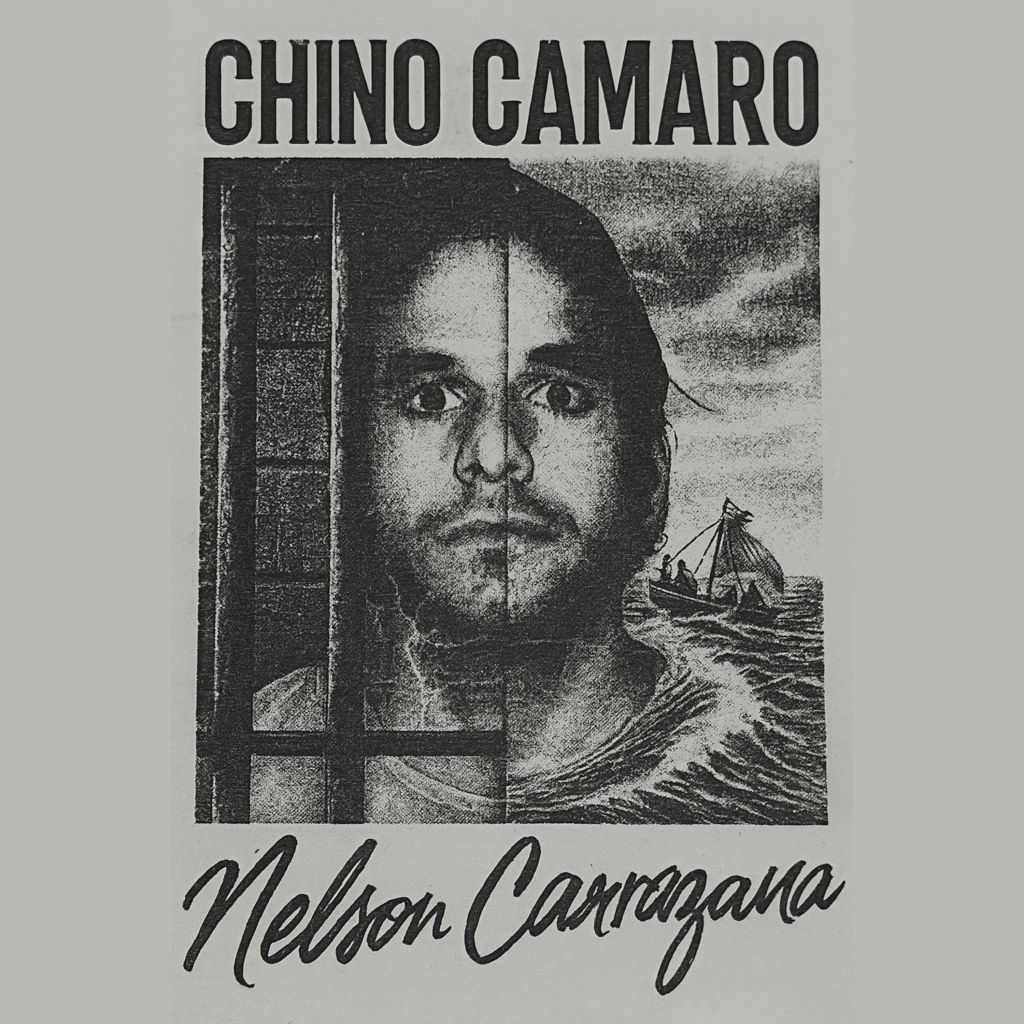The story of “Chino Camaro”, Nelson Carrazana’s salsa track detailing a man’s fall amid ambition, betrayal, and the shadows of Las Vegas.
The Profile of Nelson Carrazana
Nelson Carrazana is a Cuban-Salvadoran songwriter, producer, and occasional vocalist based in Las Vegas, Nevada. Born Nelson Rodriguez on October 17, 2002, he blends cultural pride, lived experience, and vivid storytelling into every track he creates. His stage name, Carrazana, comes from his great-grandfather’s surname, a name he chose after hearing it often from his great-aunt and feeling its uniqueness and emotional weight. Though new to music production, Nelson brings years of casual experience playing instruments and a lifelong love of Latin music.

The Roots of Artistic Identity
His artistic identity is deeply shaped by his family: a household where his Salvadoran mother, Margarita Rodriguez, always filled the home with music, and where his Cuban father, José Angel Rodriguez Sosa, worked tirelessly to provide for his family. Their cultures, sacrifices, and resilience continue to inspire his creative journey.
“Chino Camaro”: A Cinematic Salsa Narrative
“Chino Camaro” is one of Nelson’s most detailed and cinematic storytelling songs, a salsa narrative built on tension, street reality, and the consequences of dangerous choices. The story begins in 1993, when Chino leaves Cuba out of necessity, reaching Key West with hope and faith in a better future. Eventually, life leads him to Las Vegas, a place where opportunity and temptation collide. Guided by a neighbor who introduces him to the streets, Chino becomes entangled in fast money and illegal dealings that rapidly elevate his lifestyle, and his risks.
Paranoia, Betrayal, and Consequences
As the song unfolds, paranoia, betrayal, and inner conflict take center stage. Chino begins to feel that something is wrong: strange sensations, bad signs, and a sense that trouble is closing in. Tension escalates when a business contact he once trusted becomes the source of a setup. But unlike many traditional salsa tragedy narratives, Chino Camaro’s story doesn’t end in death. Instead, he is caught, arrested, and ultimately sent to prison, where he realizes how his own choices shaped his destiny.

The Moral Message
The chorus delivers the moral backbone of the song: “No hay blindaje pa’l que juega con la oscuridad”. There is no armor for the one who plays with darkness. Through this hook and the montuno sections, the song explores themes of ambition, temptation, responsibility, and the price of living in the shadows. Chino’s life shifts from street fame to isolation, from legend to rumor, reflecting how quickly the world forgets those who fall from glory.
Modernizing the Salsa Tradition
With “Chino Camaro”, Nelson Carrazana shows not only his talent for storytelling but also his ability to modernize classic salsa narrative traditions. His work bridges culture, rhythm, and real-world struggle, delivering music that resonates deeply with listeners who appreciate emotional, character-driven songs.





